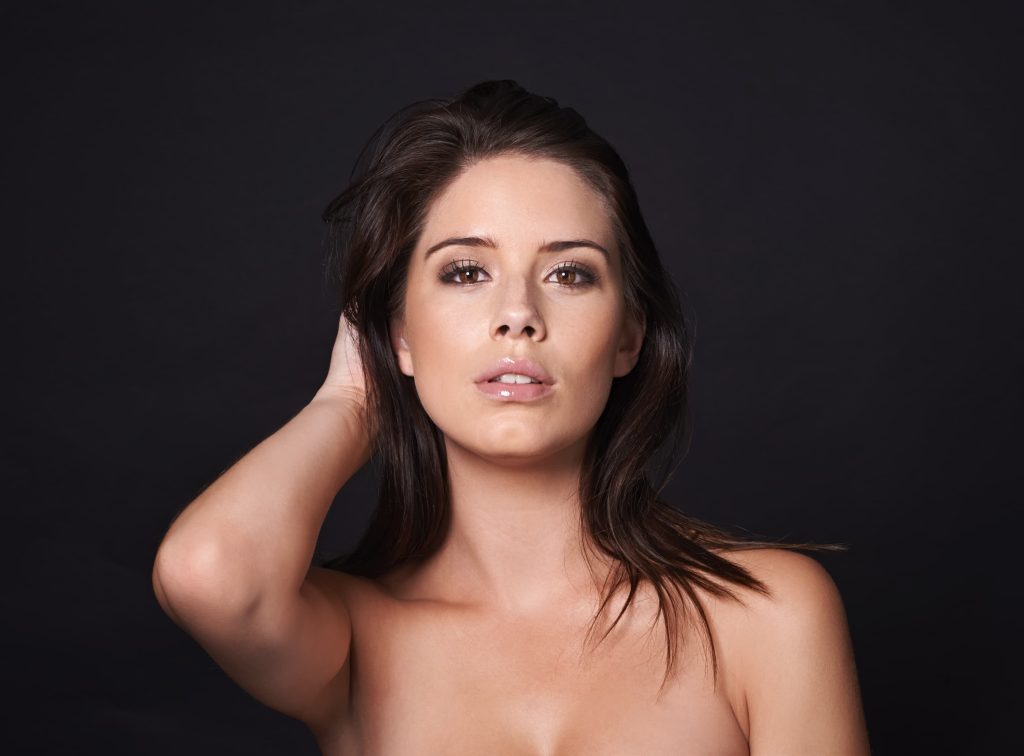Why Intensity Doesn’t Always Equal Intimacy
It’s easy to get caught up in the rush of a new connection. The butterflies, the late-night conversations, the physical pull—it can all feel like love. But not all intensity is healthy, and not all emotional magnetism is grounded in truth. Sometimes what feels powerful is actually a combination of unmet needs, unhealed wounds, and emotional confusion. It’s important to pause and ask: is this love that’s building me, or is it a cycle that’s consuming me?
Many people mistake trauma bonds or lust-driven infatuation for love because of how overwhelming the emotions can be. These connections are often marked by highs and lows, extreme closeness followed by emotional distance, and a deep fear of abandonment. They can feel addictive, which makes stepping back especially difficult. But love, in its truest form, doesn’t create emotional chaos. It brings stability, safety, and a sense of being at peace in someone’s presence—even during challenges.
Interestingly, a moment of clarity around this can sometimes come from experiences outside traditional dating. For example, some people have unexpectedly eye-opening experiences during sessions with emotionally present escorts. These encounters, while professional, are often built on structure, consent, and deep emotional attentiveness. Clients may realize, often for the first time, what it feels like to be in a connection that isn’t built on confusion, games, or emotional volatility. The calm, grounded presence can highlight how much they’ve normalized chaos in their personal relationships. This contrast can become the turning point where someone starts to question what kind of energy they’ve been calling love.

Lust Feels Urgent—Love Feels Safe
One of the easiest traps to fall into is mistaking lust for love. Physical chemistry can be powerful. When someone touches you in a way that lights up every nerve, it’s natural to want to believe it means something deeper. But lust alone is about wanting, not knowing. It thrives in fantasy. You may feel like you’re connecting deeply, but if the bond is mostly physical, or if things fall apart outside of the bedroom, it may be more about desire than alignment.
Lust tends to move quickly. It’s full of urgency. It doesn’t invite patience or emotional reflection. Instead, it pushes you into intense situations without room to assess compatibility or communication. Love, on the other hand, takes its time. It builds slowly, with care. It allows for awkward conversations, quiet moments, and the growth of trust. When you’re in love, you don’t feel like you’re racing to keep someone interested. You feel like you’re both arriving—fully, honestly, and without pressure.
This distinction doesn’t mean that love and lust are mutually exclusive. The most fulfilling relationships often contain both. But if your emotional investment is based primarily on physical attraction, or if you find yourself overlooking red flags because the chemistry is so strong, it’s worth asking what part of you is running the show. Lust can be a spark, but love is the fire that lasts.
Trauma Bonds Mimic Depth—but Drain You
A trauma bond forms when emotional pain becomes the glue holding a connection together. These relationships are often marked by cycles of emotional intensity and withdrawal. You might feel deeply attached to someone who hurts you, confuses you, or keeps you chasing emotional safety. In these dynamics, the bond doesn’t grow—it traps. And because the highs feel so good after the lows, it creates a false sense of intimacy.
If you find yourself in a relationship that constantly triggers your anxiety, self-doubt, or sense of worth, you may be caught in a trauma bond. These connections often stem from unresolved emotional wounds—especially those formed in childhood. You may be trying to “fix” a story from your past through your partner, hoping that if you can just make them love you enough, you’ll finally feel secure. But healing doesn’t come from reenacting pain. It comes from recognizing the cycle and choosing differently.
The way out begins with emotional awareness. You start asking better questions. You listen to how your body feels in their presence—do you feel grounded, or do you feel like you’re constantly trying to prove something? You begin to value peace over adrenaline, truth over fantasy. Whether that shift starts in therapy, through a self-reflective experience, or even in a moment of emotional clarity with a calm, attentive escort, the message becomes clear: real love won’t leave you guessing. It won’t ignite panic. It won’t demand that you lose yourself to stay close.
In the end, love should feel like a homecoming—not a battlefield. It invites you to be fully present, fully safe, and fully seen. Anything less may not be love—it might just be what you’ve been taught to chase in its place.